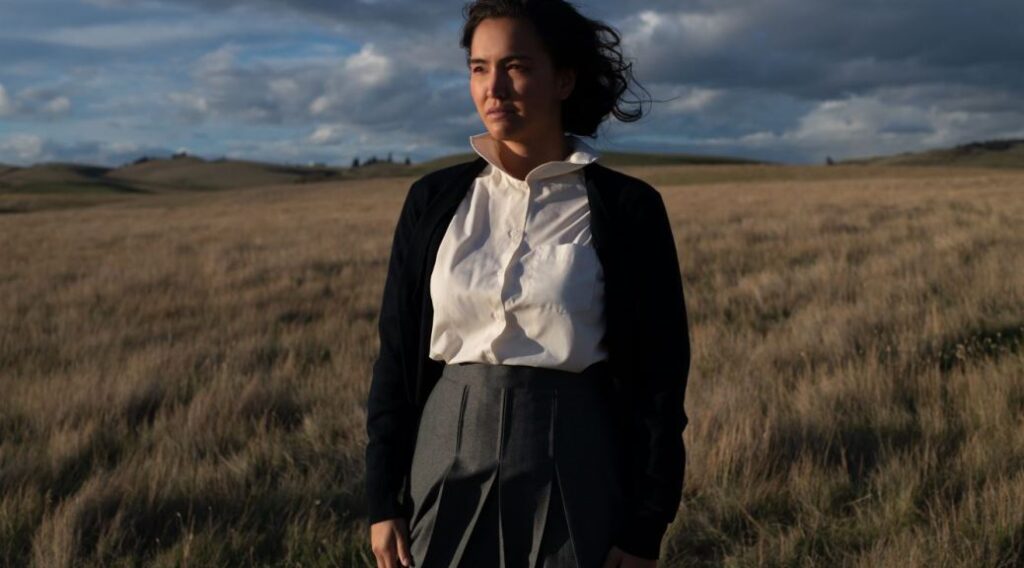
TORONTO — APTN and CBC have teamed up to create and air more Indigenous TV productions, news and information programming.
The networks say the goal is to train emerging First Nations, Inuit and Metis creators, foster more material and build audiences for that content.
Projects already underway include the multigenerational psychological drama “Bones of Crows,” created by Metis writer, director and lead producer Marie Clements.
Another is the Indigenous-language and French-language residential school miniseries “Pour toi Flora,” written and directed by First Nations filmmaker Sonia Bonspille Boileau.
Both are set to premiere in April, on both networks.
Although the two broadcasters have collaborated in the past, CBC/Radio-Canada president Catherine Tait says there is now “a formal framework for collaboration into the future.”
“This is a statement of our commitment, willingness and interest in growing that relationship,” she said Thursday.
“It sets our goals around amplifying Indigenous creators’ voices across the country and allows us to … be accountable to all our stakeholders across the country, both Indigenous and non-Indigenous.”
APTN CEO Monika Ille noted that Indigenous storytelling is getting more attention, but that “there are lots of Indigenous stories that still need to be told.”
“By partnering together, we’re giving more possibilities to Indigenous producers to tell their stories, and also increasing and helping in the financial structure of those projects,” said Ille.
In order to be identified as an Indigenous project, production teams must be majority-owned by Indigenous persons and Indigenous persons must hold key creative positions. There is no number or target on how many projects the collaboration will produce.
Tait and Ille invited creators to contact either network with pitches, and know that their proposals would be considered by both broadcasters.
“We want to make sure that all Indigenous creators out there know that when they knock on the door of APTN, or knock on the door of CBC/Radio-Canada, they’re actually knocking on all those doors at the same time because we’re going to be talking to each other about the projects that we’re developing,” said Tait.








